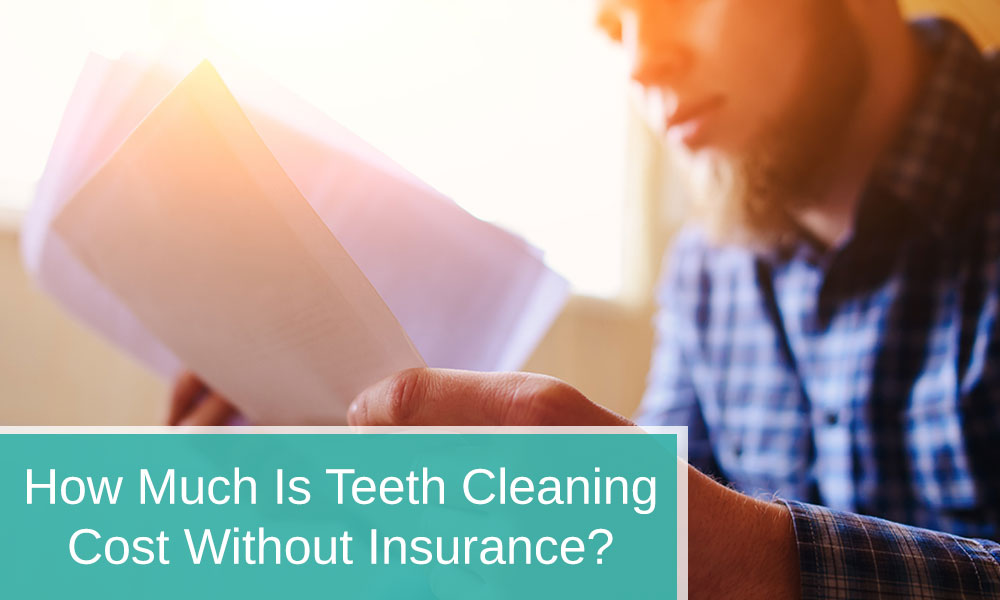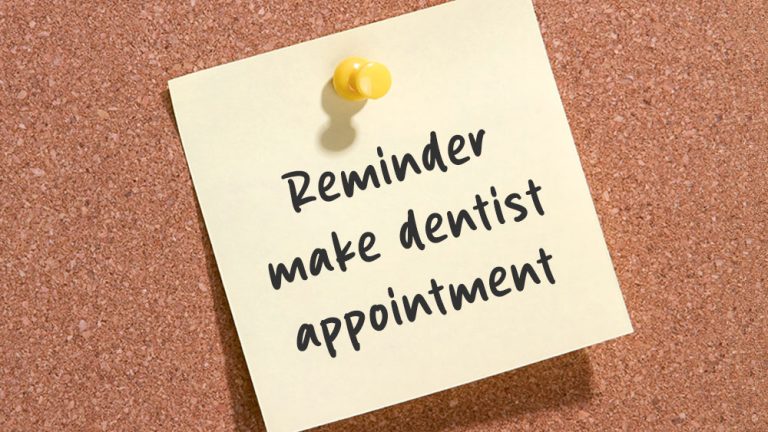
How Much is Teeth Cleaning Cost Without Insurance?
The cost of teeth cleaning without insurance is on average around $130 depending on where you are located. Taking care of your oral health is not just about maintaining a beautiful smile; it’s an investment in your overall well-being. However, concerns about the cost of teeth cleaning without insurance can be a significant barrier to receiving essential dental care. We will explore the intricacies of teeth cleaning costs, shedding light on factors that influence them and offering practical solutions for those seeking affordable alternatives.
The Importance of Regular Teeth Cleaning
Regular teeth cleaning is the cornerstone of a healthy oral hygiene routine. Beyond the cosmetic benefits of a bright smile, professional cleanings play a vital role in preventing more serious dental issues. Despite our best efforts with brushing and flossing, plaque and tartar can accumulate in hard-to-reach areas, leading to cavities and gum disease.
Scheduling regular professional cleanings is vital for removing these stubborn deposits, ensuring that your teeth and gums remain in optimal condition. Dental professionals not only clean your teeth but also perform a comprehensive examination to catch potential issues early, saving you from more significant problems down the road.
Factors Affecting Teeth Cleaning Costs
Understanding the factors influencing teeth cleaning costs is essential to manage expectations and plan accordingly.
- Location: Dental costs can vary significantly based on your geographical location. Urban areas tend to have higher costs, partly due to increased operating expenses for dental practices.
- Dentist’s Experience: The experience and reputation of the dentist can impact the cost of services. Highly experienced dentists may charge more for their expertise.
- Additional Procedures: If additional procedures, such as X-rays or fluoride treatments, are deemed necessary during your cleaning, they can contribute to the overall cost.
- Clinic Type: The type of dental clinic you choose also affects the cost. Private practices may have different pricing structures than community clinics or dental schools.
Average Cost of Teeth Cleaning Without Insurance
The burning question for many individuals is, “How much does teeth cleaning cost without insurance?” On average, the cost ranges from $75 to $200. This estimate typically includes the cleaning procedure and a basic oral examination. However, it’s important to note that these figures can vary based on the factors mentioned earlier.
Understanding the average cost provides a starting point for budgeting and planning for your dental expenses. Keep in mind that prevention is often more cost-effective than treating advanced dental issues, reinforcing the importance of regular cleanings.
Affordable Alternatives and Financing Options
1. Dental Discount Plans:
Dental discount plans are a valuable alternative for those without insurance. These plans offer discounted rates for various dental services, including cleanings. While they require a membership fee, the savings can outweigh the initial cost, making dental care more affordable.
Pros:
- Access to reduced rates on dental services.
- No waiting periods or annual limits.
Cons:
- Limited to participating dentists within the plan network.
2. Payment Plans:
Many dental offices offer payment plans, allowing you to break down the cost of your treatment into manageable monthly installments. In-house financing options may also be available, providing flexibility for individuals on a tight budget.
Pros:
- Eases the financial burden with smaller, regular payments.
- Accessible financing options directly through the dental office.
Cons:
- Potential interest or fees depending on the arrangement.
3. Community Clinics and Dental Schools:
Community clinics and dental schools often provide affordable dental care, including cleanings. These institutions offer services at reduced rates, making them accessible for individuals with limited budgets.
Pros:
- Affordable dental care provided by supervised students or experienced professionals.
- Community clinics may offer sliding-scale fees based on income.
Cons:
- Average dentist appointments may take longer due to the educational setting.



